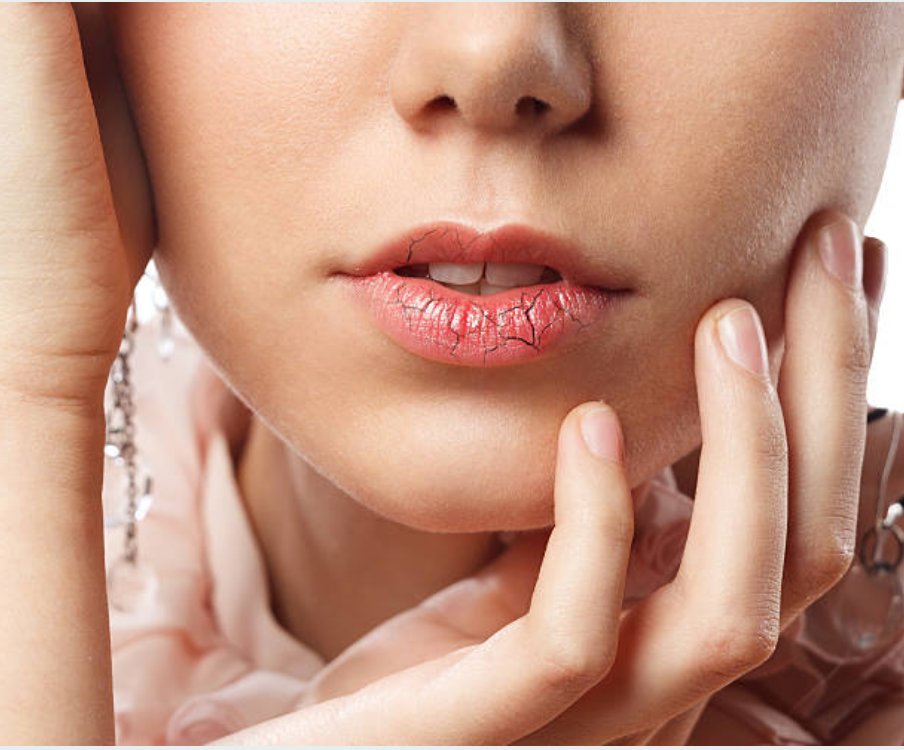
The Causes of Dry Mouth and How to Combat Them
A dry mouth – the feeling of not having saliva in your mouth – is a quite common occurrence which can affect everyone at some time, for instance, if you’re feeling nervous, frightened or stressed. But if this is affecting you all the time then it is advisable that you investigate the cause.
Xerostomia, to give the condition its correct medical name is a condition which can have a variety of causes and sometimes can indicate other health problems. If you are affected by dry mouth and you live in the Stockport area your first port of call should be your Hazel Grove dentist.
Symptoms of dry mouth

These can range from mildly irritating to more severe and commonly include things like:
- A dry, slightly sticky sensation in the mouth which is not relieved by drinking
- Dryness in the throat
- Frequent thirst
- Sores in the mouth or cracked skin at the corners of the mouth
- Bad breath
What is it caused by?

The underlying causes are wide and varied with some creating a chronic condition and some leading to recurrences of the condition. Illness, medication, certain foods and even ageing can all contribute to that unpleasant feeling of dryness in the mouth and throat. Disorders or diseases of the salivary gland can also sometimes be a cause. Before trying to work out for yourself what is causing your dry mouth and what to do about it you should first visit your dentist for diagnosis and treatment options.
Xerostomia has a number of causes including:
- Dehydration through excess sweating, not drinking enough or through illness
- Breathing through your mouth because of a blocked nose, particularly at night
- Health conditions including diabetes and high blood pressure
- Anxiety
- Blocked or infected salivary gland
- Smoking
- Side effects of medications or medical treatments such as radiotherapy or chemotherapy
There is a whole range of prescription and non-prescription medicines which can cause dry mouth and the most common of these are antihistamines. Other common medications include certain antidepressants, some painkillers, beta-blockers, diuretics, anti-epileptic medicines and antipsychotics. Your dentist can tell you whether or not your medicines are causing the problem. Other, less common reasons for dry mouth can include something called Sjögren’s syndrome which affects the joints, tear glands and salivary glands.
Side effects of dry mouth

Aside from the discomfort and occasionally bad breath, having a permanently dry mouth means that the lack of saliva can lead to a build-up of plaque and eventually gum disease. This can, if left untreated, lead to tooth loss and/or cavities. All the more reason then to pay special attention to your teeth with regular and careful brushing and flossing as well as making regular visits to your dentist for check-ups.
How to combat dry mouth

When you visit your dentist, you will be advised of the diagnosis and treatment options for your dry mouth. In the meantime, there are several simple practical measures you can take to help relieve the symptoms. Keep your mouth moist by:
- Taking frequent sips of water; it may help to have a glass of water by your bed at night
- Cut down on tea, coffee and alcohol. These can all make you urinate more which can leave you dehydrated
- Suck ice-cubes or frozen chunks of melon or pineapple
- Chew sugar-free chewing gum to help stimulate saliva (avoid sugary or acidic sweets which can damage your teeth)
Dry mouth is rarely serious and is usually merely irritating and uncomfortable, but it doesn’t have to be something you just put up with. Call your dentist for advice.




